Serrapeptase: An In-Depth Guide
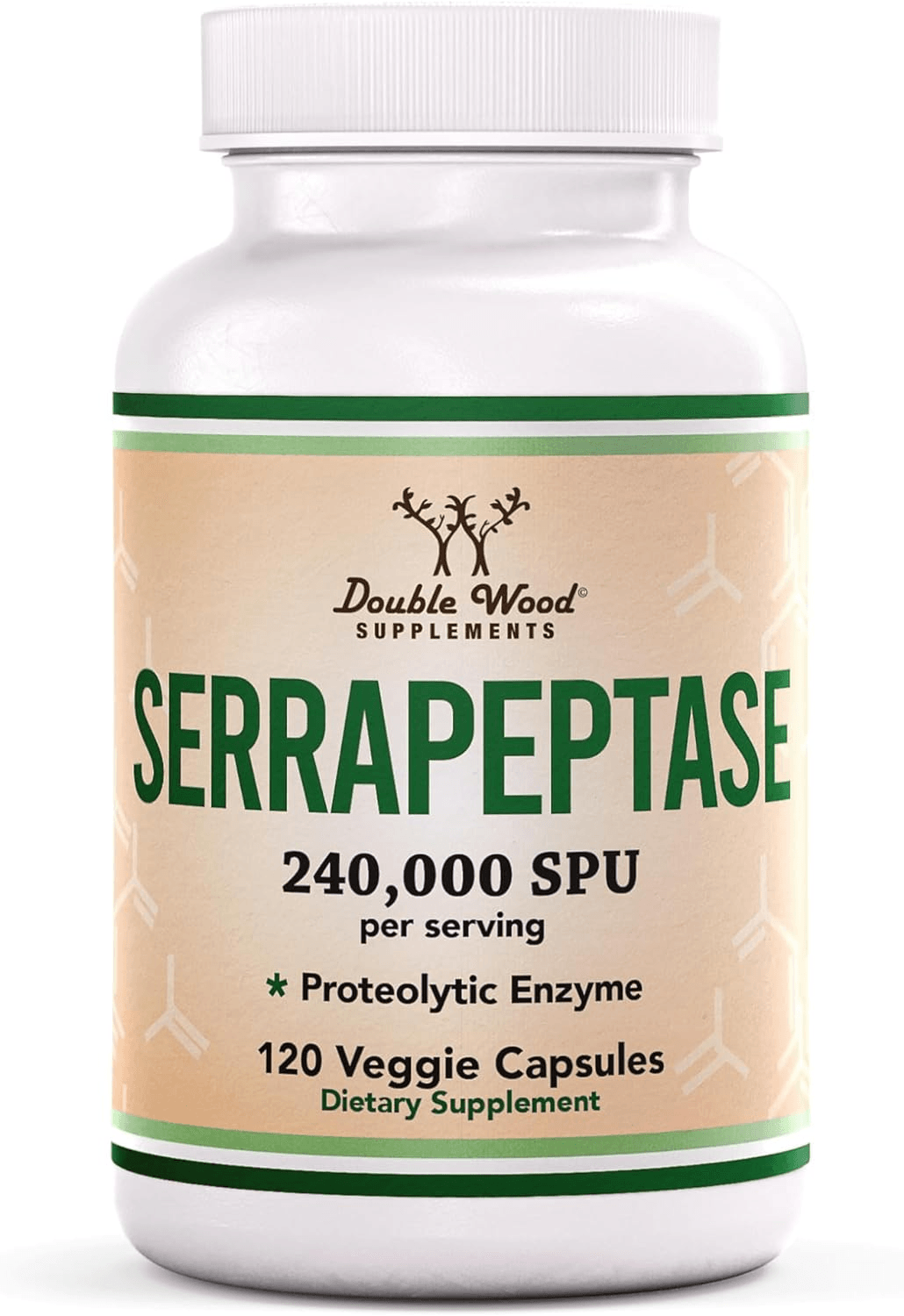
Related products
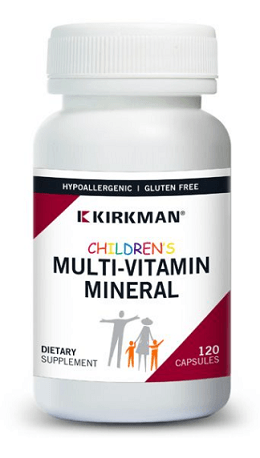
Serrapeptase: An In-Depth Guide
Serrapeptase or Serratiopeptidase is a proteolytic enzyme isolated from a bacteria in the Silkworm’s digestive system. Proteolytic means it breaks down the proteins into smaller components called amino acids. Due to its therapeutic effects, it is used as a supplement in Europe and Japan. It is believed to have several health benefits, e.g., anti-inflammatory effects, pain relief, improved circulation, faster wound healing, improved respiratory health, mucus clearance, and potential benefits for various other health conditions.

It is, however, not suitable for all people, particularly for people with bleeding disorders and taking blood thinners, and the scientific evidence of benefits is limited. It interacts with other medications, and there are concerns about the purity and quality of products available in the market.
This article provides guidelines about the dosage, potential benefits, side effects and risks of serrapeptase supplements. The body needs a lot of minerals and vitamins to function correctly. Visit Welzo's Vitamins and Supplements page to buy the supplements according to your needs.
What is serrapeptase? History and origin
The use of proteolytic enzymes e.g., trypsin, bromelain and chymotrypsin in supplements started in the 1950s soon after the discovery of their anti-inflammatory properties. Serrapeptase was discovered in the late 1960s in Japan from the gut of the silkworm who uses it to digest and break its cocoon and emerge from it. The anti-inflammatory properties of serrapeptase were reported by Yamasaki and colleagues in 1967 in Japan. Later on, many other researchers found the anti-inflammatory effects of serrapeptase to be more potent than other proteolytic enzymes. It soon entered the nutraceutical industry and many products containing different doses became available in the market.
Health benefits of serrapeptase
The exact mechanism of action of serrapeptase has yet to be fully understood. Some potential benefits along with their research backing are;
Anti-inflammatory properties
Inflammation is the body’s natural response to the injuries and sets the stage for healing. The anti-inflammatory properties of serrapeptase are the most crucial reason for its use as a supplement.
The research backing is limited. Its use in dentistry after dental procedures, e.g., tooth removal, was investigated by Gowri Sivaramakrishnan and Kannan Sridharan at the Fiji National University, Suva, Fiji. The researchers noted that its anti-inflammatory action in reducing local pain and facial swelling was superior to the NSAIDs (e.g., ibuprofen) and corticosteroids. Although corticosteroids effectively reduced facial swelling, the serrapeptase showed a better safety profile. The researchers suggested its use as an alternative to traditional anti-inflammatory drugs in case the patient is sensitive to them.
Pain relieving effects
Pain is one of the symptoms of the inflammation. Serrapeptase lowers the pain by inhibiting the chemicals involved in the causation of pain.
A group of dental professionals led by Mouneshkumar Chappi, MDS at the Department of Oral & Maxillofacial Surgery, Krishna Institute of Medical Sciences, India, found that serrapeptase has moderate analgesic properties and its efficacy in reducing postoperative pain, trismus, and swelling was superior to the methylprednisolone.
Another group of dentists led by Ateia Abbas (Al-Kindy College of Medicine-Baghdad University) found that serrapeptase was safe and effective in treating knee osteoarthritis.
Prevention of infections
Serrapeptase reduces the risk of infections. Several mechanisms are proposed. The most important mechanism is the prevention of biofilm formation. In the biofilm, bacteria develop protective barriers about them that protect them from the effects of antibiotics. By preventing the formation of biofilms, serrapeptase improves the penetration and efficacy of antibiotics.
Consequently, Sreelakshmi R. Nair, a researcher at the Vellore Institute of Technology, India, suggested that combining antibiotics and serrapeptase is more effective in combating infections.
Dissolution of blood clots
Serrapeptase dissolves the blood clots and plagues in the blood vessels, which are a leading cause of heart attack and stroke. It does so by breaking the fibrin (fibrinolysis), a protein in the blood clots, and breaking down damaged or dead tissues. Consequently, Essam Kotb, a microbiologist at Zagazig University, Egypt, suggested that the beneficial bacteria producing serrapeptase and other fibrinolytic enzymes have the potential to be used as drugs and food additives to prevent thrombosis and related conditions.
The evidence is mostly anecdotal, and more research on the topic is necessary.

Improves respiratory health
The anti-inflammatory and mucolytic (ability to clear mucus from the airways and lungs) properties are helpful for people having respiratory illnesses, e.g., chronic respiratory diseases (CRD), pulmonary hypertension, asthma, bronchitis, and chronic obstructive pulmonary disease (COPD). It improves mucus clearance by changing the viscosity of the sputum and by lowering the entry of neutrophils into the airways.
Due to the mucus-clearing ability, a combination of serrapeptase and vitamin D was used by Keldeem Kumar Gupta and colleagues (Homi Bhabha Cancer Hospital, India) as an effective therapy for COVID-19.
Recommended daily dosage of serrapeptase and how to take it?
The daily recommended dose is variable and depends upon factors like age, health status, concurrent use of medications and presence of other health conditions. The studies in the medical literature have used a range of 10-60 mg daily. The decision about dosing must be taken after consultation with the health professionals who decide the dose by considering the enzymatic activity.
It is susceptible to stomach acids and quickly destroys them upon entering the stomach. Therefore, only enteric-coated supplements must be used to allow it to reach the intestines and be absorbed into the blood circulation. For better absorption, it must be taken on an empty stomach, i.e., 30 minutes before or 2 hours after a meal.
Side effects and potential risks
The oral intake of enteric-coated tablets or capsules is safe for up to 4 weeks, and no information about the safety of the past four weeks is available. It is a natural molecule, and most studies observed no side effects. Some rare side effects occur due to a combination of other medications and high doses.
The rare side effects include disturbance of blood clotting, cough, stomach pain, nausea, poor appetite, joint and muscle pain, and skin reactions. Health professionals warn against its use with dietary supplements like fish oil, garlic, and turmeric and with blood thinners, e.g., aspirin and warfarin, as it increases the risk of bleeding and bruising.
Given that it interferes with blood clotting, it has the risk of causing heavy bleeding during a surgical procedure. Therefore, stopping its use at least two weeks before an expected surgical procedure is advised.
Safe use precautions
It is safe for adults, particularly for short-term use. No credible information is available about its use for pregnant and breastfeeding women, and it is better to avoid it. People with bleeding disorders must consult the healthcare provider for safe use.

It is not recommended for children under five unless asked by the doctor. Due to quality concerns, the product must only be purchased from reputed brands with third-party testing and strict manufacturing practices. People allergic to enzymes or any other ingredient in the product must be careful.
Drug interactions
Serrapeptase decreases blood clotting, and taking it with antiplatelet factors, anticoagulants, or any medication that slows down the blood clotting is prohibited. The medicines in this category that must be avoided are aspirin, warfarin (Coumadin®), heparin, enoxaparin (Lovenox®), dalteparin (Fragmin®), naproxen (Naprosyn®, Anaprox®), ibuprofen (Motrin®, Advil®), diclofenac (Cataflam®, Voltaren®) and Clopidogrel (Plavix®). To be safe, consultation with a doctor or pharmacist is necessary while using any other medication.
FAQs
How many units of serrapeptase should be taken?
Its enzymatic activity is measured in units, and a 10mg dose equals 20,000 units of enzymatic activity. For routine use, the recommended dose is 40,000 to 100,000 units 2-3 times per day.
What to avoid while using serrapeptase?
Serrapeptase must not be taken with dietary supplements like fish oil, turmeric, and garlic or with blood thinners like warfarin and aspirin. Taking it with a full stomach is not advised as it increases the risk of vomiting and nausea.
How does serrapeptase work?
Yes, it does work, and available evidence suggests that it is an excellent alternative to NSAIDs without their side effects.
What is the other name for serrapeptase?
Its other names in the medical literature are serratiopeptidase, serratiopeptidase, Serratia peptidase, serratiopeptidase and serralysin.
Which foods are the natural sources of serrapeptase?
Some vegetables and fruits are the natural source of serrapeptase. These include papaya, pineapple and kiwi. Although these fruits and vegetables contain a limited amount of serrapeptase, the supplements are recommended to have pronounced therapeutic effects.
Is it safe to take serrapeptase daily?
The digestive enzymes, including serrapeptase, are not meant for regular use. The information about the safety and efficacy after four weeks is not available.
Bottom line
Serrapeptase is a proteolytic enzyme used as a supplement to treat inflammation and pain, improve conditions in chronic respiratory diseases, prevent blood clots, and lower the risk of infections. The arguments supporting the use are compelling. However, more research is needed to establish its long-term efficacy and safety.

Dietary supplementation is a vast topic, and a person must thoroughly understand different types of vitamins, deficiency symptoms and available products. Visit the Welzo Supplements & Vitamins page to explore the world of dietary supplementation.







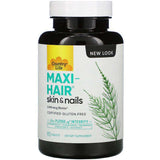
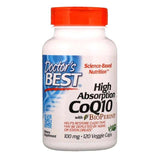
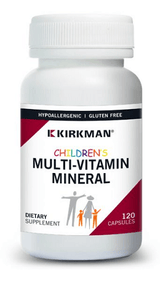
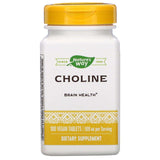
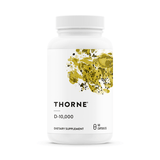
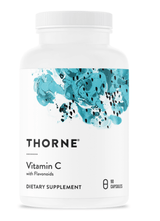

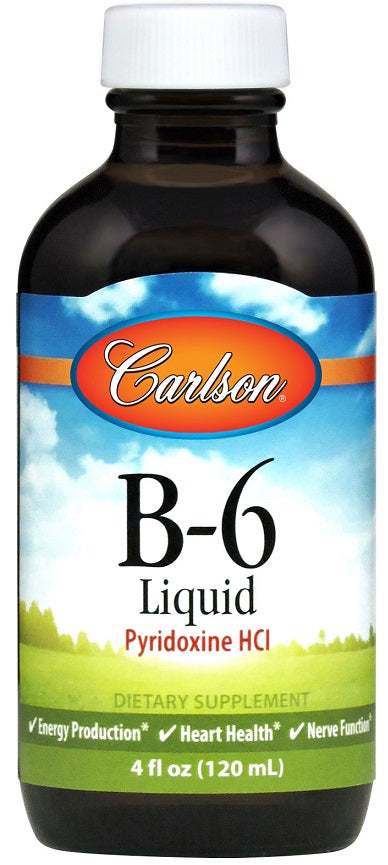


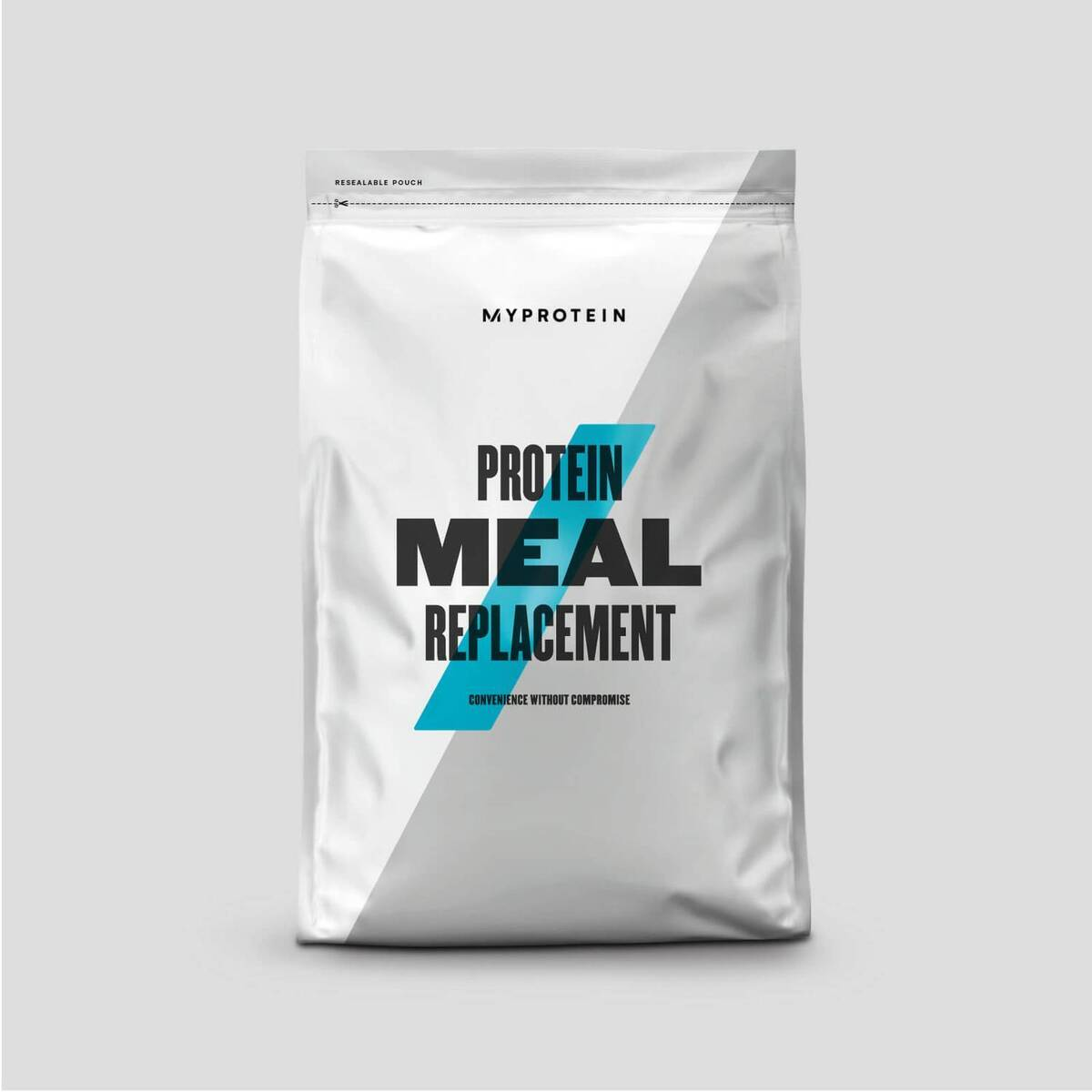

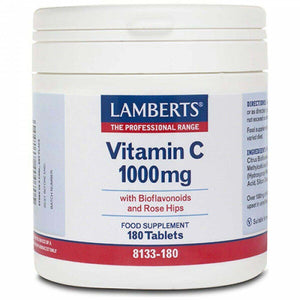



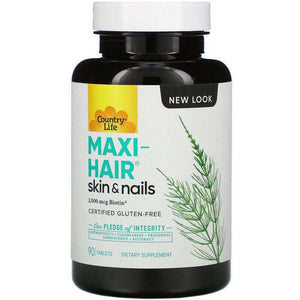
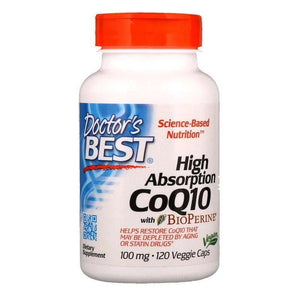
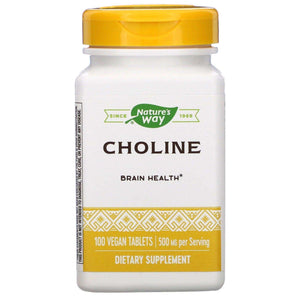
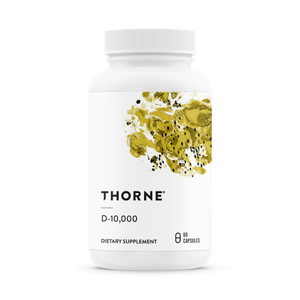
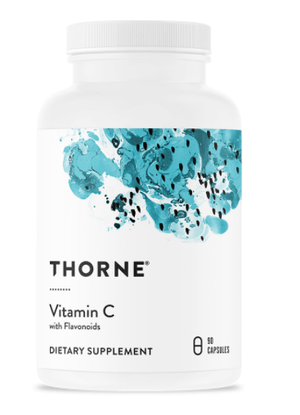






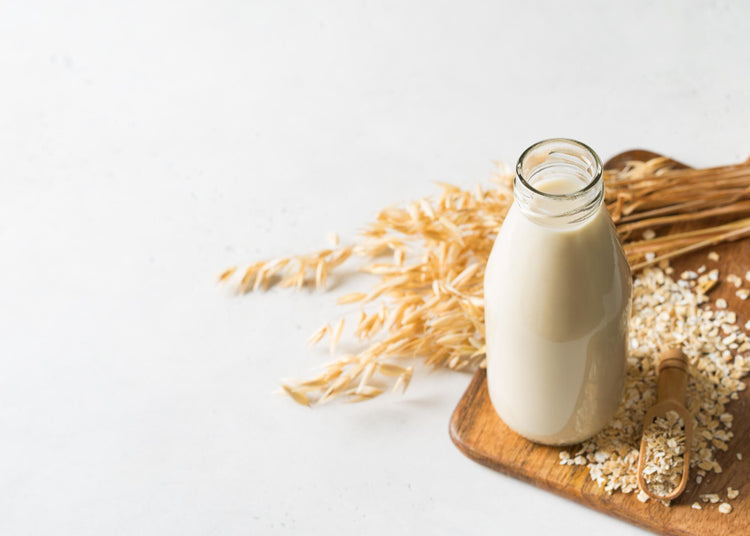


 Rated Excellent by 26,523+ Reviews
Rated Excellent by 26,523+ Reviews